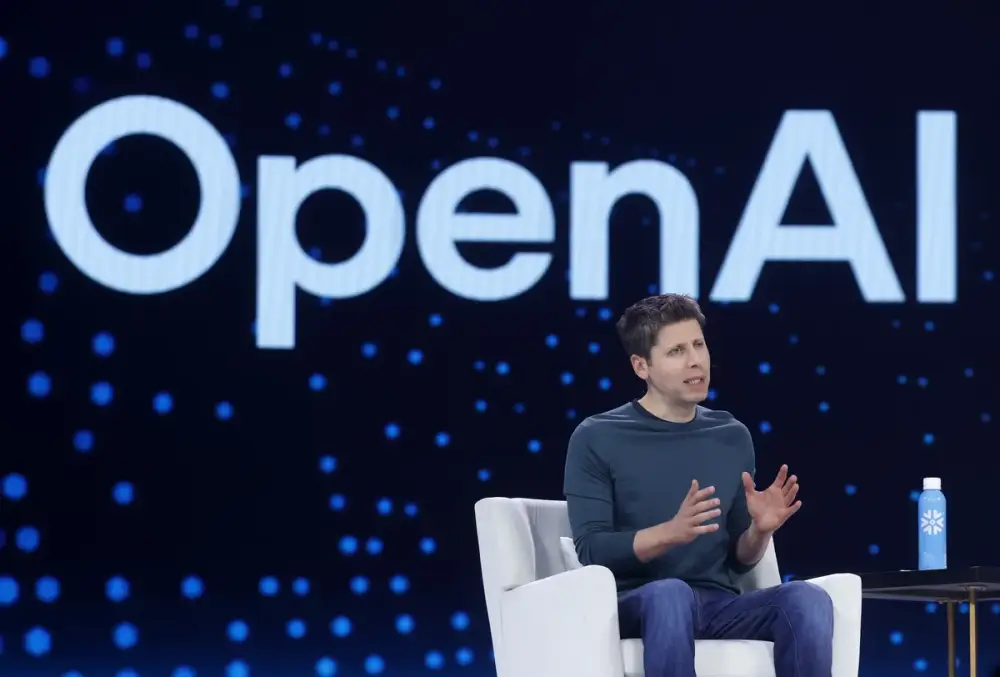
Liệu "mùa đông AI" đang thực sự bắt đầu?
-
GPT-5 của OpenAI chính thức ra mắt trong tháng 8/2025 nhưng bị đánh giá là kém ấn tượng, khiến người dùng trung thành thất vọng. Công ty phải quay lại hỗ trợ các mô hình cũ, trong khi tuyên bố trước đó rằng đây là bước gần hơn tới trí tuệ nhân tạo tổng quát (AGI).
-
Sam Altman, CEO OpenAI, tuyên bố GPT-5 giống như “tiến sĩ chuyên gia”, nhưng cộng đồng nhanh chóng chỉ ra các lỗi đơn giản như GPT-5 không đánh vần đúng từ "blueberry". Altman sau đó giảm tần suất dùng cụm từ "AGI" và cho biết có thể cần đến "trillions of dollars" để tiếp tục phát triển công nghệ.
-
Trong khi đó, CoreWeave, một công ty cổ phiếu thuần về AI, giảm hơn 25% do dự báo chi phí đầu tư vượt xa doanh thu kỳ vọng. Cùng lúc, thời điểm kết thúc IPO lockup càng gây áp lực thêm cho cổ phiếu.
-
Báo cáo của McKinsey: Dù 80% doanh nghiệp triển khai AI tạo sinh, hầu hết đều không ghi nhận tác động rõ rệt đến lợi nhuận. Thực tế, chỉ một số ít doanh nghiệp nhìn thấy hiệu quả, thường là nhờ ứng dụng AI vào các bài toán thực tế thay vì chỉ theo đuổi thuật toán.
-
Một số chuyên gia như Gary Marcus và Brian Merchant cho rằng Altman đang phải lùi lại trước kỳ vọng quá mức về AI, và sự sụt giảm kỳ vọng hiện tại là kết quả tất yếu.
-
Dù vậy, cổ phiếu liên quan đến OpenAI như Microsoft và Nvidia vẫn giữ ổn định, cho thấy thị trường chưa quá hoảng loạn.
-
Tác giả cho rằng các chỉ số benchmark kỹ thuật hiện không còn nhiều giá trị với người dùng cuối; thay vào đó, ứng dụng thực tế mới quyết định câu chuyện AI thành công hay thất bại.
📌 GPT-5 nhận phản ứng lạnh nhạt, CoreWeave giảm hơn 25%, và đa số doanh nghiệp không thấy hiệu quả từ AI: những tín hiệu cho thấy “mùa đông AI” có thể đã bắt đầu. Thay vì chỉ dựa vào benchmark kỹ thuật, thị trường đòi hỏi hiệu quả ứng dụng thực tế rõ rệt. Nếu không, nhà đầu tư có thể phải chuẩn bị cho một mùa đông AI thật sự.
https://www.bloomberg.com/opinion/articles/2025-08-18/is-chatgpt-5-the-start-of-ai-winter
Is the AI Winter Finally Upon Us?
GPT-5, the long-awaited new model from Sam Altman’s OpenAI, was released earlier this month to a tepid reception. If it’s a step toward artificial general intelligence, as the company repeatedly said it would be, it’s a tiny one indeed. The model was so poorly received by some ChatGPT die-hards that the company was forced into an embarrassing rollback, making older models available again. Altman’s claim that GPT-5 was like talking to a “PhD-level” expert quickly became a joke.
At the same time, CoreWeave Inc., one of the few pure-play AI stocks, plummeted more than 25% last week after guidance that spooked investors: Revenue growth is expected to be enormously outpaced by capital expenditure increases. (And the IPO lockup was coming to an end, which didn’t help either.)
Thảo luận
Follow Us
Tin phổ biến



